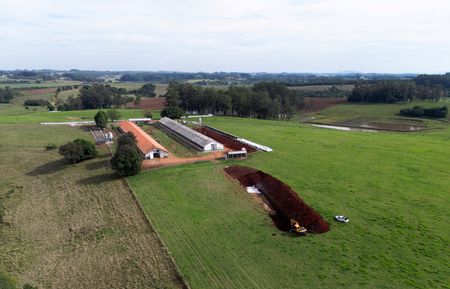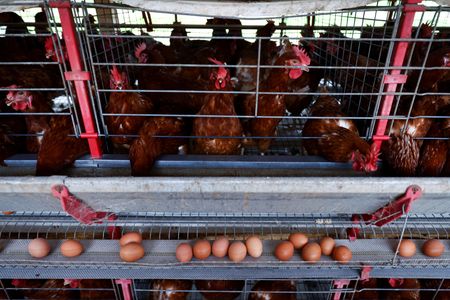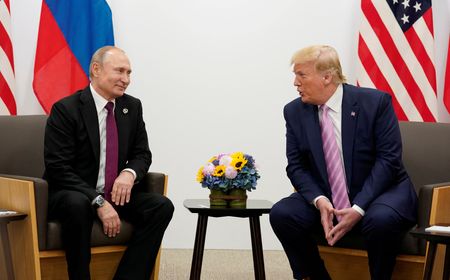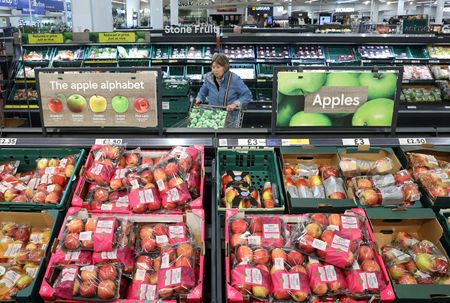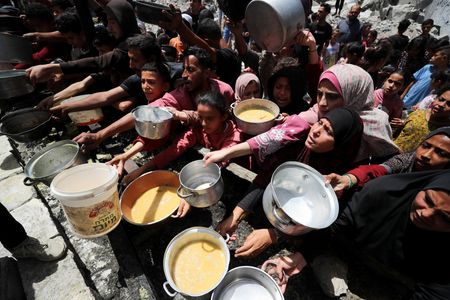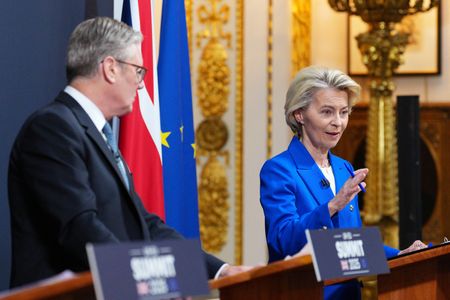By Philip Blenkinsop and Sybille de La Hamaide
BRUSSELS/PARIS (Reuters) -Brazil, the world’s largest poultry exporter and main poultry meat importer into the European Union, is no longer allowed to ship poultry and meat products to the EU due to the outbreak of bird flu, the European Commission said on Monday.
This comes after Brazil confirmed its first outbreak of bird flu on a poultry farm on Friday, triggering protocols for a country-wide trade ban from top buyer China and state-wide restrictions for other major consumers such as Japan.
“EU import conditions require that the country of export (Brazil) is free of Highly Pathogenic Avian Influenza,” a European Commission spokesperson said in an email.
“Brazilian authorities can no longer sign such animal health certificates for export into the EU and such certificates cannot be issued. No poultry/meat products can be exported to the EU from any part of the Brazilian territory.”
Brazilian Agriculture Minister Carlos Favaro said on Friday that under existing protocols, countries including China, the European Union and South Korea would ban poultry imports from Brazil for 60 days.
But the Commission did not give any timeframe. It noted that because of the outbreak, which was detected on a farm in the state of Rio Grande do Sul, the entire territory of Brazil had suspended its official status of being “free of Highly Pathogenic Avian Influenza”. EU import conditions require that an export country be free of HPAI.
The EU is only a small market for Brazil, which is dominated by China, the United Emirates, Japan, Saudi Arabia and South Africa.
In 2024, Brazil exported more than 5 million tons of poultry meat. Of these approximately 4.4% headed to the EU, national pork and poultry group ABPA said.
Of total EU poultry imports, Brazil is the main origin, with a share of 32% last year, according to official EU data. However, the volume remained rather thin with most of the EU consumption supplied locally.
Still, despite the small volumes the cheaper, high added-value, Brazilian imports have pressured EU prices. A halt in imports is therefore likely to come as a relief for the local poultry industry.
(Reporting by Phil Blenkinsop and Bart Meijer in Brussels and Sybille de La Hamaide in Paris;Editing by Sudip Kar-Gupta and David Evans)

